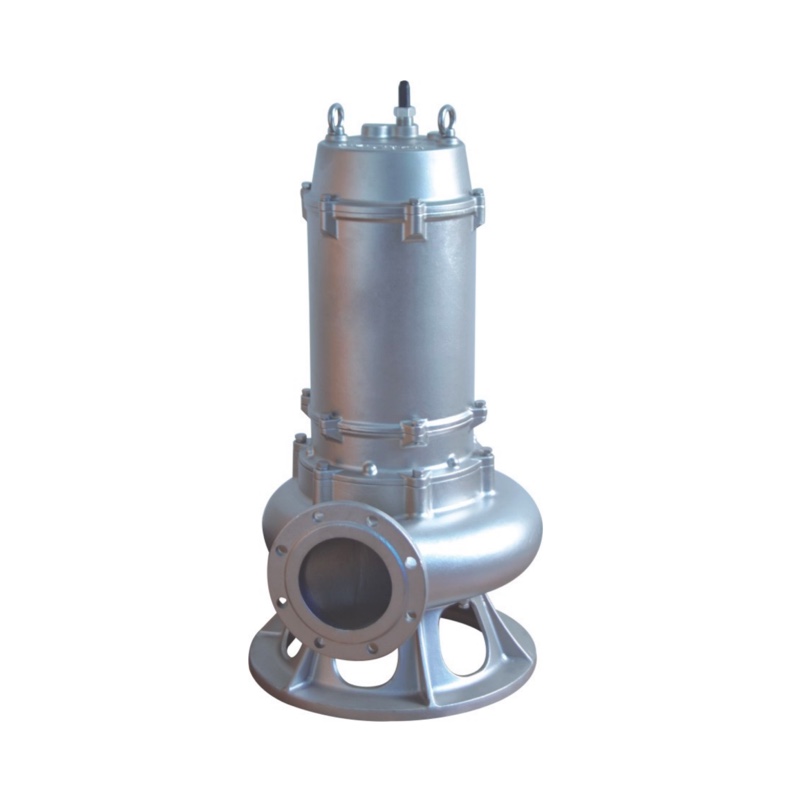close
Choose Your Site
Global
Social Media
Views: 0 Author: Site Editor Publish Time: 2023-11-06 Origin: Site









Sewage pumps play a crucial role in maintaining the proper functioning of septic systems and preventing costly and messy backups. However, many homeowners are often uncertain about how often their sewage pump should run to ensure optimal performance. In this article, we will explore the factors that should be considered when determining the frequency of sewage pump operation.
When it comes to choosing a sewage pump, there are several factors to consider. Whether you are replacing an existing pump or installing a new one, it is important to take into account these key aspects to ensure the efficiency and functionality of your sewage system.
Firstly, the type of pump is an important consideration. There are different types of sewage pumps available, including submersible pumps and pedestal pumps. Submersible pumps are placed directly in the sewage pit, while pedestal pumps are mounted above the pit. Each type has its own advantages and disadvantages, so it is essential to assess your specific needs and choose accordingly.
Another factor to consider is the pump's capacity. The capacity of a sewage pump refers to its ability to handle the volume of wastewater. It is crucial to select a pump that can adequately handle the anticipated flow rate and the size of your household or facility. Choosing a pump with insufficient capacity may result in clogs and backups, while one with excessive capacity may lead to unnecessary energy consumption.
The durability and reliability of the pump are also vital factors. Sewage pumps are designed to handle tough and corrosive materials, so it is important to choose a pump made from high-quality materials that can withstand the demands of the application. Additionally, considering the pump's warranty and the manufacturer's reputation for reliability can help ensure long-term satisfaction and peace of mind.
Furthermore, the pump's power source should be taken into account. Sewage pumps can be powered by electricity or a backup battery system. It is important to consider the availability and reliability of the power source in your area. If power outages are common, opting for a backup battery system can help maintain the pump's operation during such instances.
Lastly, consider the installation and maintenance requirements of the pump. Some sewage pumps may require professional installation, while others can be easily installed by homeowners. Additionally, regular maintenance is essential for the longevity and efficiency of the pump. Familiarize yourself with the recommended maintenance procedures and frequency to ensure proper functioning.
When it comes to operating a pump, finding the recommended frequency is crucial for optimal performance and efficiency. In the case of sewage pumps, understanding the appropriate frequency is even more important. Sewage pumps are responsible for moving wastewater from one location to another, making them an integral part of many residential and commercial systems. To ensure their longevity and proper functioning, it is necessary to follow the recommended frequency guidelines.
The recommended frequency for pump operation depends on various factors, including the size and capacity of the pump, as well as the volume of wastewater being handled. In general, sewage pumps are designed to handle continuous operation without overheating or experiencing any adverse effects. However, it is still essential to find the right balance to avoid unnecessary wear and tear.
One key consideration is the level of usage. For residential systems, where the volume of wastewater is relatively low, it is typically recommended to operate the pump every 24 hours. This frequency allows the pump to handle any accumulated wastewater effectively without being overwhelmed. By adhering to this schedule, homeowners can prevent backups and maintain a healthy and functional sewage system.
In commercial settings, where the volume of wastewater is significantly higher, the recommended frequency may vary. It is advisable to consult the manufacturer's guidelines or seek professional advice to determine the most suitable operating schedule for the specific sewage pump in use. Factors such as the pump's capacity, the number of users, and the type of facility will influence the recommended frequency.
Proper maintenance and regular inspections are also crucial in determining the operating frequency. Conducting routine checks on the pump's components, including the impeller, motor, and float switches, can help identify any potential issues early on. Timely repairs or replacements can prevent costly breakdowns and extend the lifespan of the pump.